By-shalini oraon

_the tragic case of the Indian medical student found dead in Russia.
—
A Dream Washed Ashore: The Tragic Death of a Rajasthan MBBS Student in Russia
In the quiet, hopeful village of Suwana in Rajasthan’s Bhilwara district, a dream was meticulously built, brick by brick, sacrifice by sacrifice. It was a dream so powerful that it led a family to sell a portion of their most precious asset—their land—to send their son, Lalit Kumar, to a medical university in Russia. He was to become Dr. Lalit Kumar, a beacon of hope and a testament to his family’s unwavering faith. That dream now lies shattered, its fragments scattered on the banks of a dam in Russia’s Tver region, where Lalit’s body was found, 19 agonizing days after he was last seen.
The news of Lalit’s death is not just a statistic in the growing list of Indian student tragedies abroad; it is a gut-wrenching narrative of aspiration, immense sacrifice, and a mystery that has left a family in India grappling with an abyss of grief and unanswered questions.
The Boy with a Stethoscope Dream
Lalit Kumar, like thousands of young Indians each year, aspired to become a doctor. Fierce competition for limited seats in India’s medical colleges, coupled with high capitation fees in private institutions, often forces students from middle-class and lower-middle-class families to look abroad. Russia, with its relatively affordable fees and a structured curriculum for international students, has long been a popular destination.
For Lalit’s family, farmers by trade, “affordable” was a relative term. The cost of an overseas medical education was a mountain they were determined to climb. Their belief in their son’s future was so absolute that they made the ultimate familial sacrifice—they sold a piece of their agricultural land. This wasn’t just money; it was a piece of their heritage, their security, and their identity, liquidated for the promise of a better tomorrow. Lalit, carrying this immense weight of expectation, left for Tver State Medical University, his stethoscope dream firmly in his grasp.
The Disappearance and the Grim Discovery
The timeline of events is a chronicle of a family’s descent from concern to despair. Lalit was last in touch with his family on May 14. After that, his phone went silent. As days turned into a week with no contact, his family in Suwana grew increasingly frantic. Their calls to his friends and university authorities in Russia yielded little initial clarity.
The nightmare culminated 19 days later when Russian authorities recovered the body of a young Indian man from the Vazuz Reservoir, a dam in the Tver region. The body was identified as Lalit Kumar. The visual evidence that followed—distressing images of his body being retrieved from the water—was a brutal and devastating confirmation for his family, who had been clinging to a sliver of hope.
Initial reports from Russian law enforcement, as conveyed to Indian diplomatic channels, suggest no signs of foul play. The preliminary theory points towards a tragic accident, possibly drowning. An investigation is ongoing, but for a grieving family, the “how” is now tragically secondary to the “why.”
The Unanswered Questions and the Shadow of Student Struggles
While authorities work to piece together Lalit’s final hours, his death casts a long, uncomfortable shadow over the realities faced by Indian students in foreign countries, far from their support systems.
What led Lalit to the dam? Was it a moment of solitude that turned tragic? Was he under acute psychological stress? The life of an Indian medical student in Russia is not without its profound challenges. They grapple with a harsh climate, a significant language barrier, cultural isolation, and the immense academic pressure of studying medicine in a non-native language. The romanticized vision of life abroad often collides with a lonely and demanding reality.
The silence of 19 days is particularly haunting. It raises questions about the support networks available for international students. Were there robust mechanisms at the university to flag a student’s sudden disappearance? The incident underscores a critical need for better mental health support and more proactive pastoral care from educational institutions hosting Indian students.
A National Pattern of Tragedy
Lalit’s death is, tragically, not an isolated incident. The past few years have seen a spate of untimely deaths of Indian students abroad, particularly in countries like the United States, Canada, and Russia. Each case is unique, yet they are united by a common thread: young lives full of promise, cut short in a foreign land, leaving families shattered and a nation questioning the price of an overseas education.
From the shocking deaths of Indian students in the US to the tragic suicide of a Tamil Nadu student in the UK just months ago, a pattern is emerging that demands a systemic response. It compels a hard look at the pre-departure orientation for students, the accountability of educational agents, and the responsibility of host universities to ensure not just academic success, but the overall well-being of their international student body.
A Family’s Sacrifice, a Nation’s Grief
Back in Suwana, the Kumar family’s world has collapsed. The land they sold was an investment in a future that has now been violently erased. The joy of seeing their son in a doctor’s coat has been replaced by the unimaginable trauma of receiving his body from a foreign country. Their loss is compounded by a cruel irony—the very sacrifice they made to propel him to a brighter future now stands as a painful monument to their grief.
The Government of India, through its embassy in Moscow, is providing consular assistance to facilitate the repatriation of Lalit’s body. But no diplomatic protocol can heal the wound of a son lost. The Rajasthani community, both at home and in Russia, has rallied around the family, but their solidarity is a small comfort against the tidal wave of sorrow.
A Call for Reflection and Action
The tragic death of Lalit Kumar is a sobering reminder that behind the data on international education are human stories of struggle, sacrifice, and vulnerability. It is a clarion call for:
1. Enhanced Pre-Departure Briefings: Prospective students and their families need realistic, non-sugarcoated briefings about the challenges of life abroad, including cultural acclimatization, mental health resources, and emergency protocols.
2. Institutional Accountability: Foreign universities must be held to a higher standard of care for their international students. This includes robust systems for tracking student welfare, providing accessible psychological counseling, and having clear, immediate response protocols for missing persons.
3. Strengthened Community Networks: Indian student associations abroad need more support to act as first responders, creating a home away from home and offering a critical safety net for those feeling isolated or overwhelmed.
Lalit Kumar went to Russia carrying the dreams of an entire family. His return, in a coffin, is a national tragedy that must not be in vain. His story should force a necessary conversation, one that ensures that the pursuit of education in a distant land does not, ever again, end with a body in a dam and a family’s lifelong investment washed away.
Discover more from AMERICA NEWS WORLD
Subscribe to get the latest posts sent to your email.
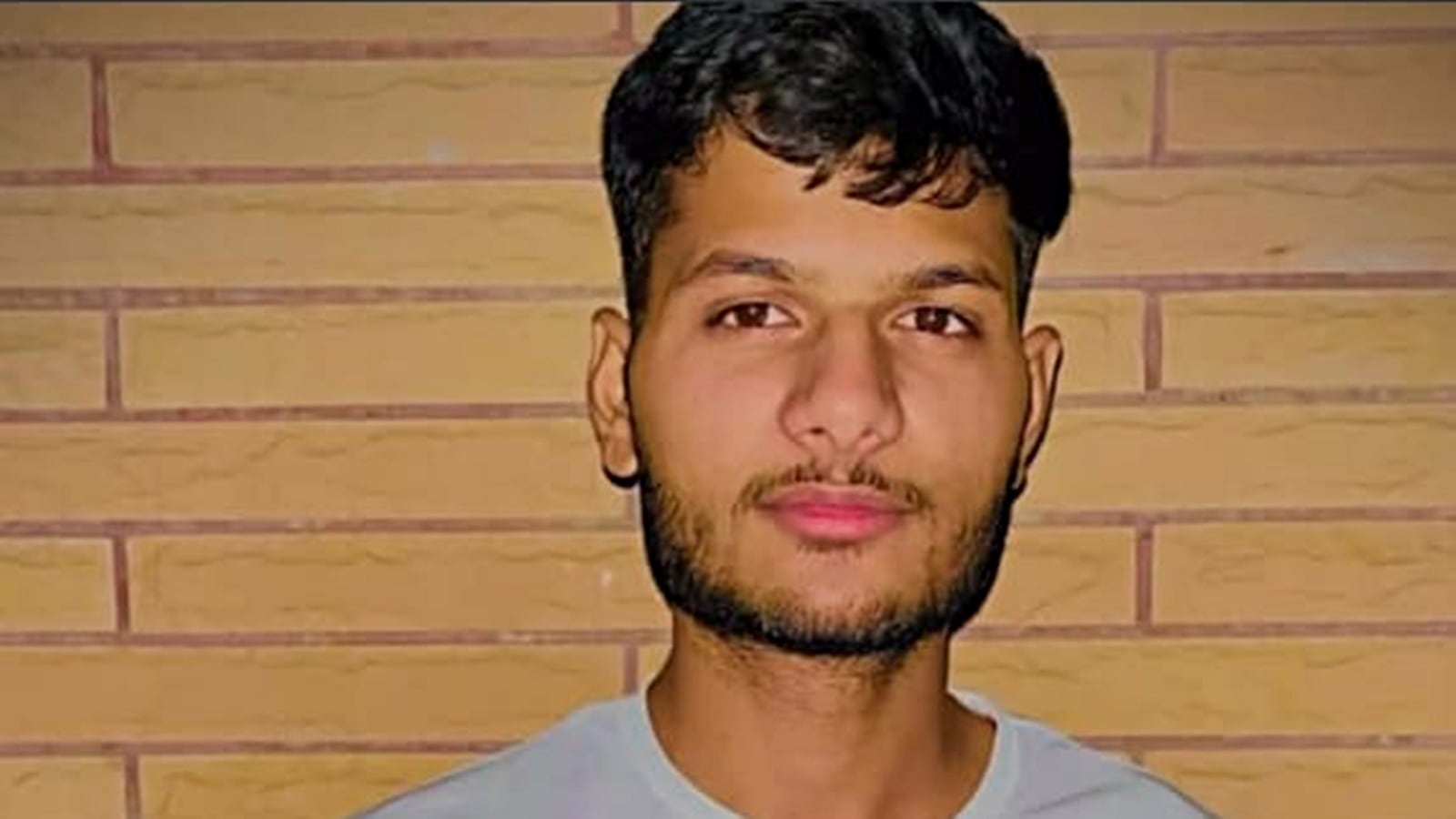

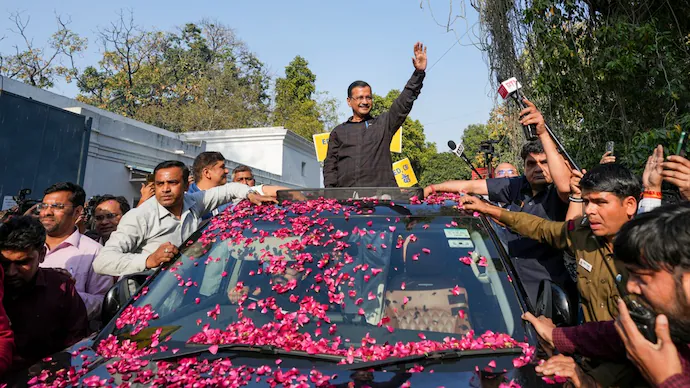




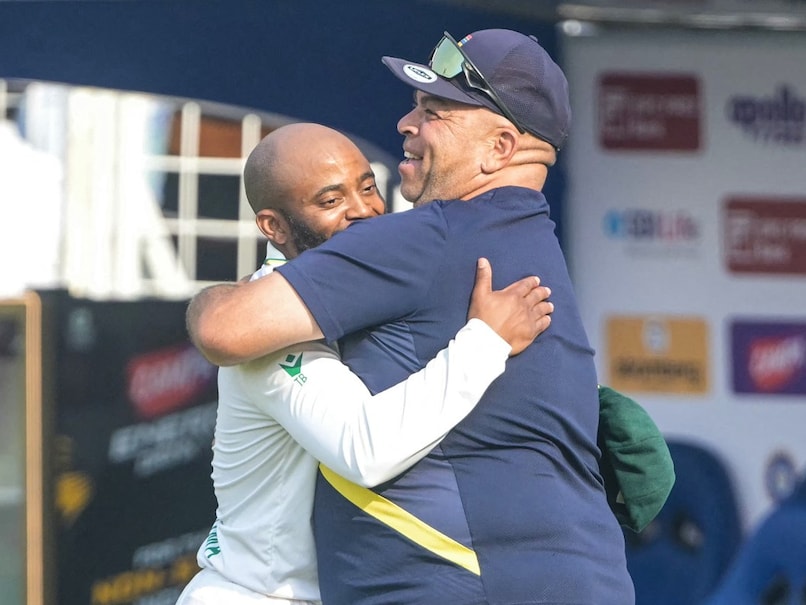








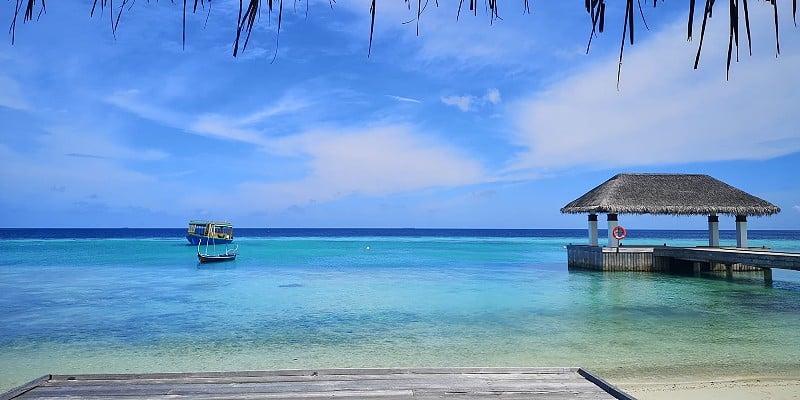
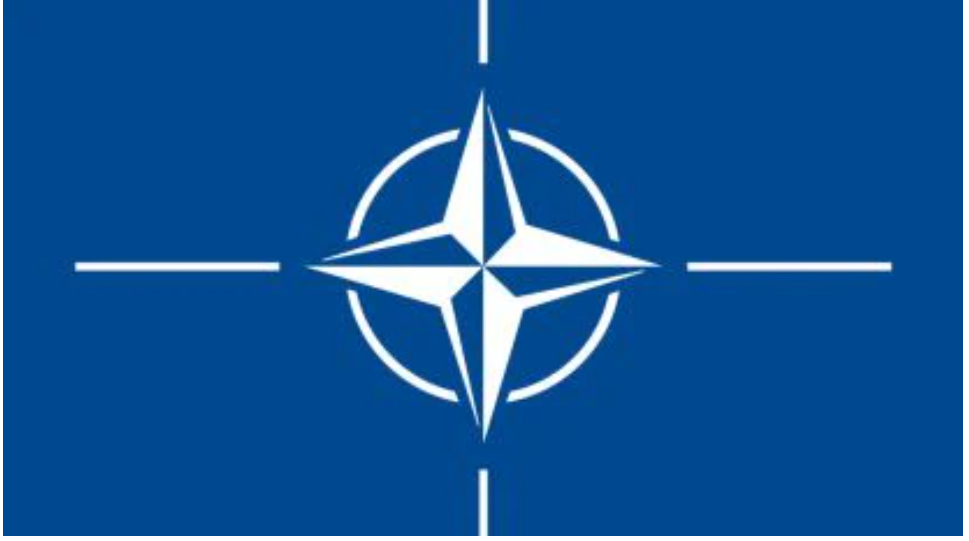
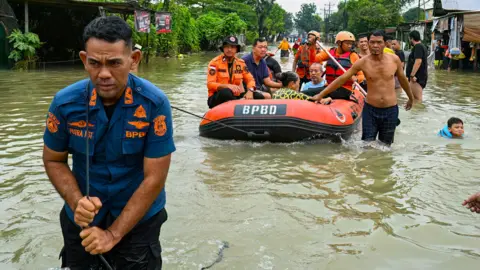



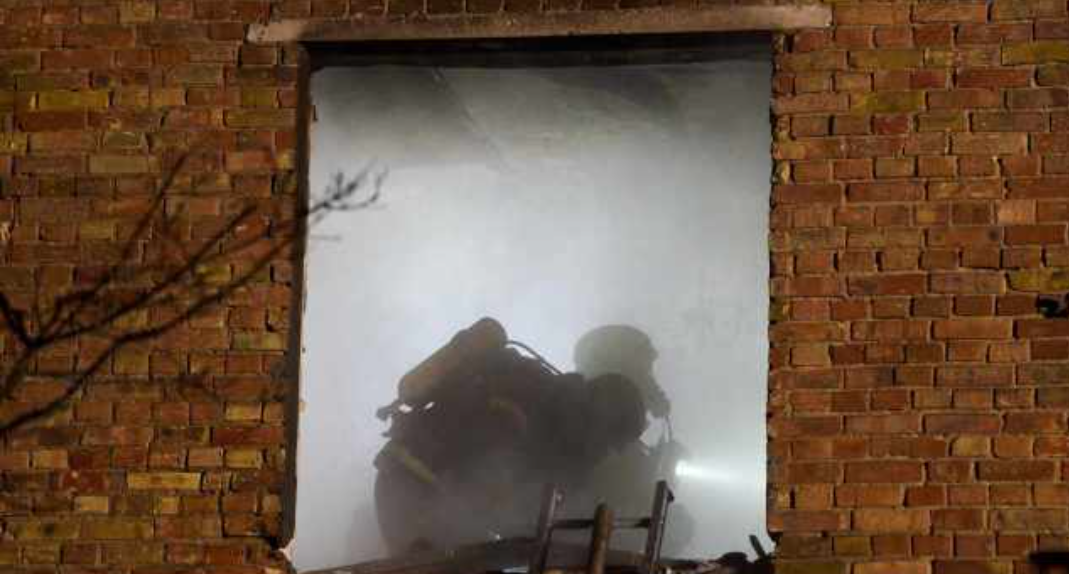







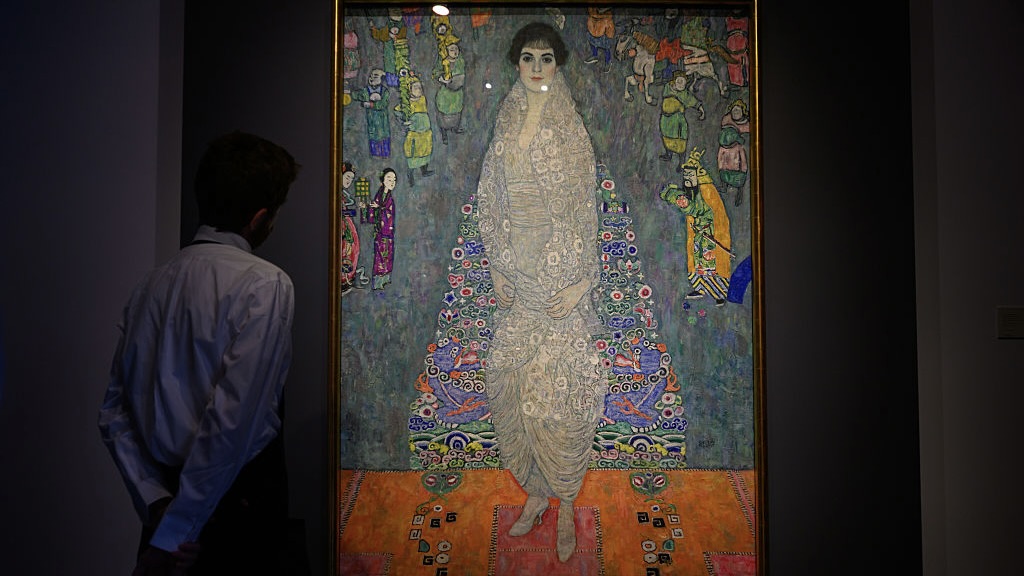





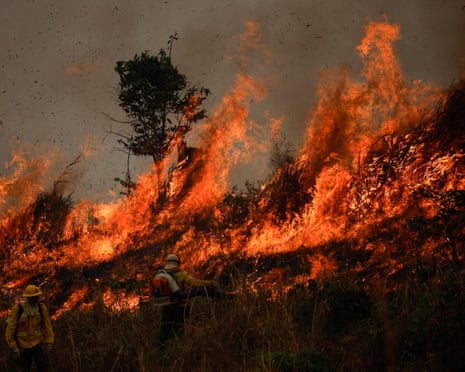
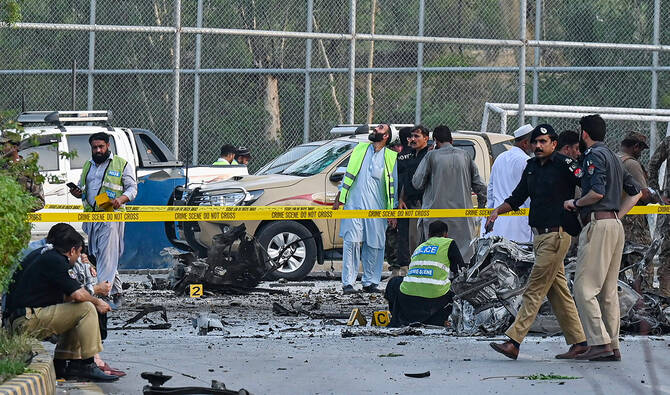
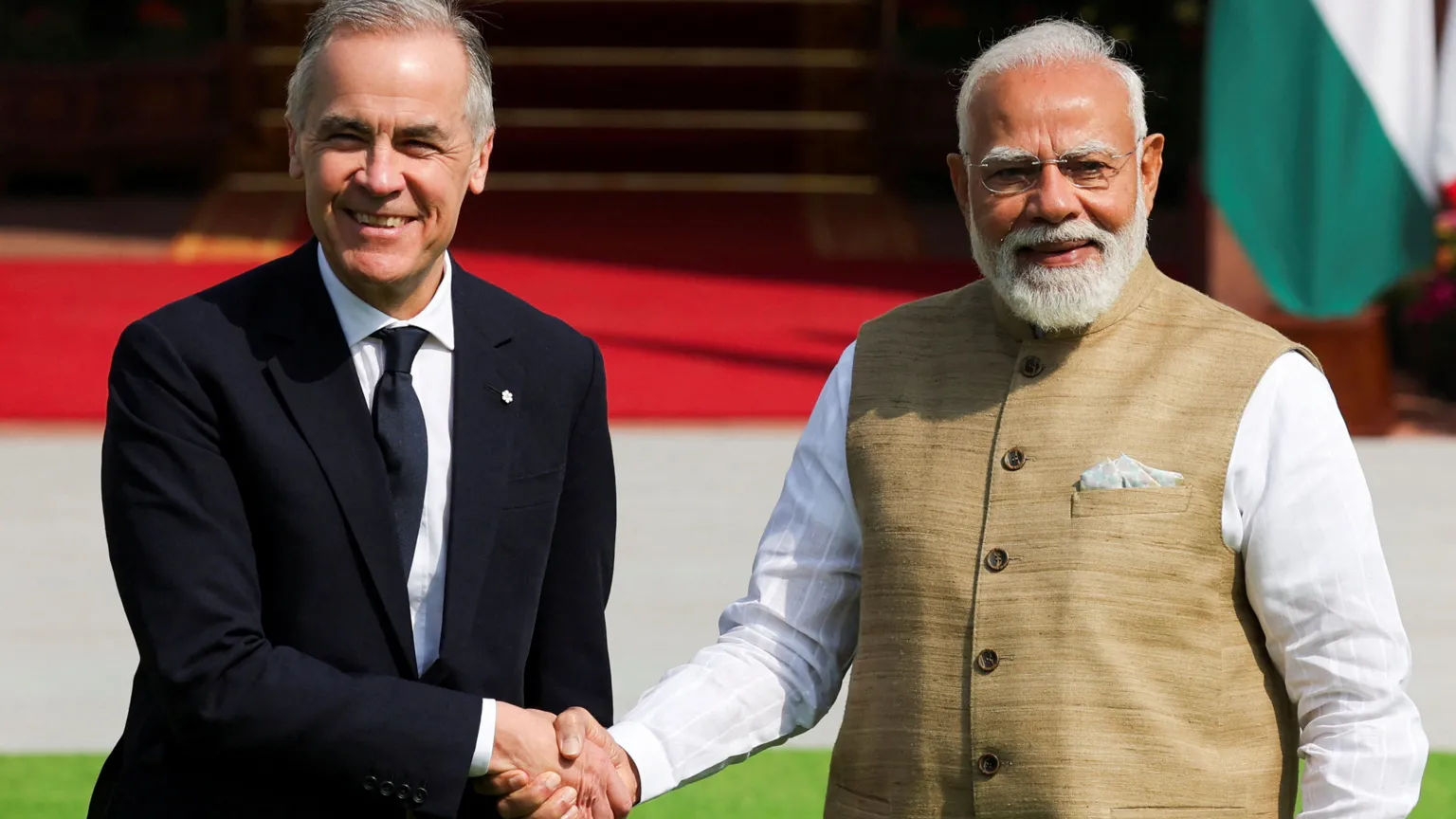
![Smoke rises after Israeli strikes in Beirut's southern suburbs, on March 2 [Mohamad Azakir/Reuters]](https://america112.com/wp-content/uploads/2026/03/hgh.webp)
